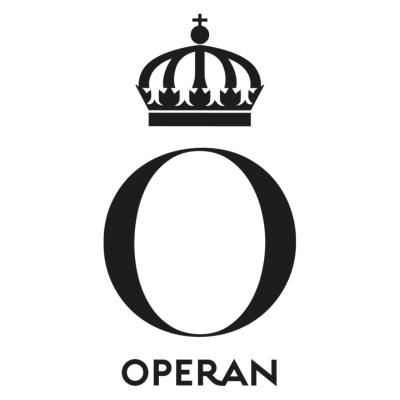| Royal Swedish Opera | ||
| Evan Rogister | Conductor | |
| Vasily Barkhatov | Director | |
| Royal Swedish Opera Chorus | ||
| Royal Swedish Orchestra | ||
| Johanna Rudström | Mezzo-soprano | Olga |
| Joel Annmo | Tenor | Lensky |
| Karl-Magnus Fredriksson | Baritone | Eugene Onegin |
| Cornelia Beskow | Soprano | Tatyana |
| Lennart Forsén | Bass | Prince Gremin |
| Katarina Leoson | Mezzo-soprano | Filippyevna |
| Jonas Degerfeldt | Tenor | Monsieur Triquet |
| Susann Végh | Soprano | Madame Larina |
2 hours and 45 minutes
Sung in Russian with Swedish surtitles
Onegin’s friend Lensky is charismatic and sociable. Onegin mostly keeps to himself. Plagued by chronic doubt and uncertainty, he hides behind irony and cynicism. He tries to be open and honest, but the words come out as insults. And his actions lead to tragedy. He does not know what he wants and when he finally does it is too late. The woman he loves and whom he once rejected is now married to another man.
Tchaikovsky’s interpretation of Pushkin’s timeless verse novel premiered at the Bolshoi Theatre in 1881, and Eugen Onegin does justice to the full breadth of the composer’s emotional register. The opera is achingly beautiful, magnificently romantic and indescribably sad. In star director Vasily Barkhatov’s production, the setting is the claustrophobic countryside of a timeless, fictional Russia, with a plot revolving around Onegin.
The production is put on in collaboration with the German Staatstheater Wiesbaden.


